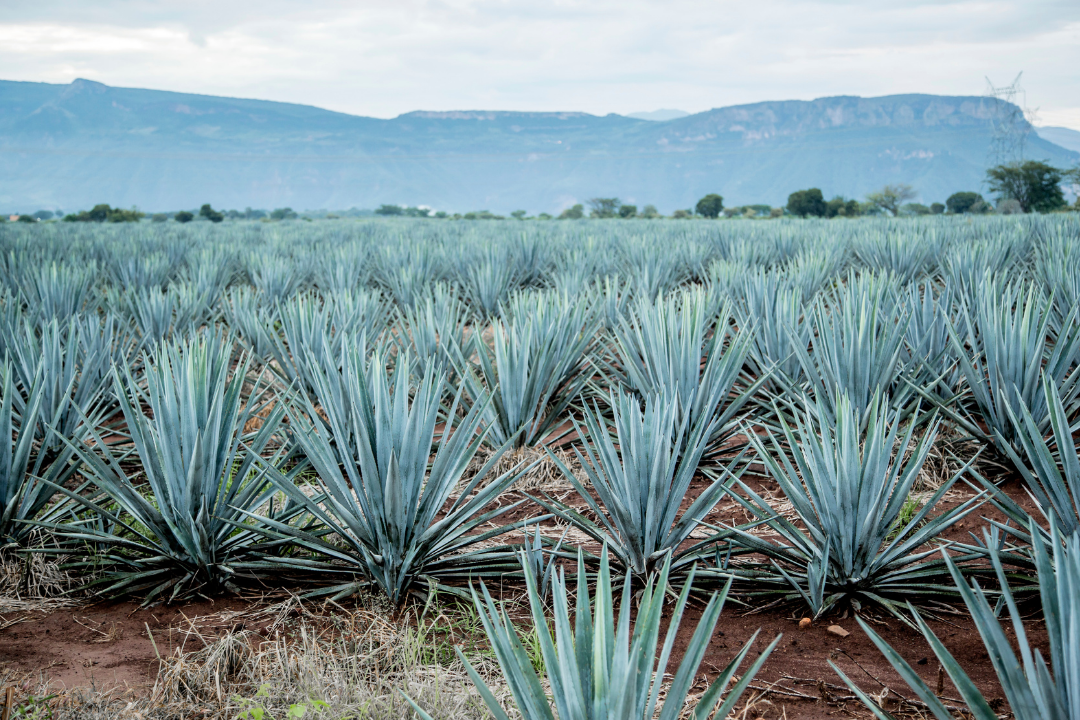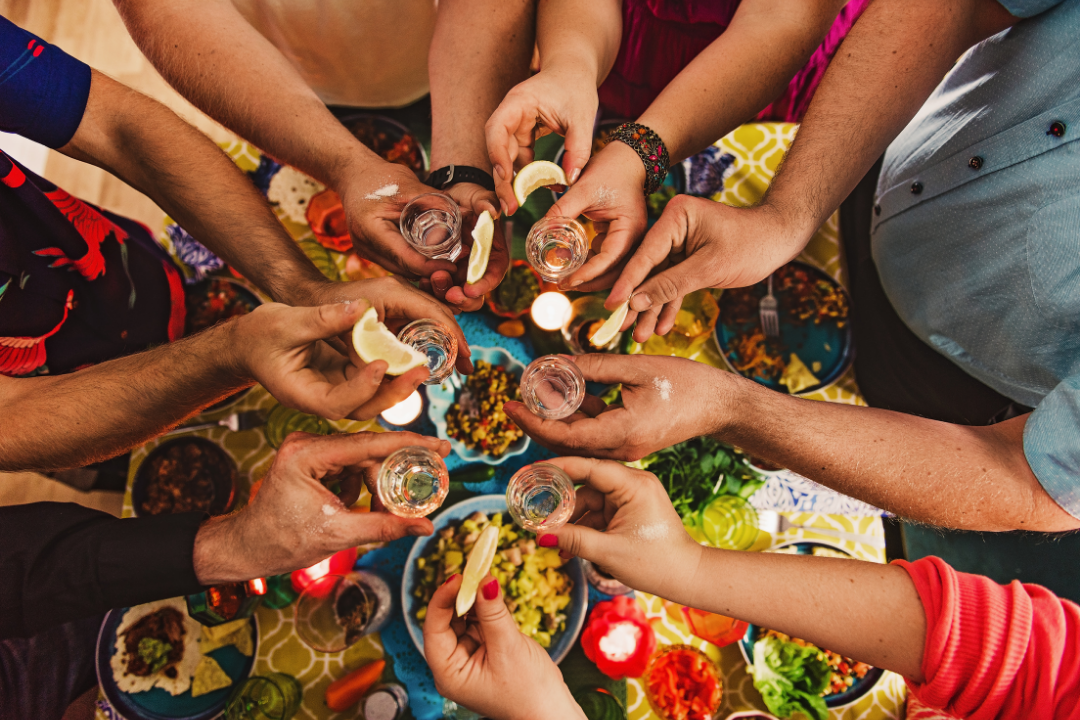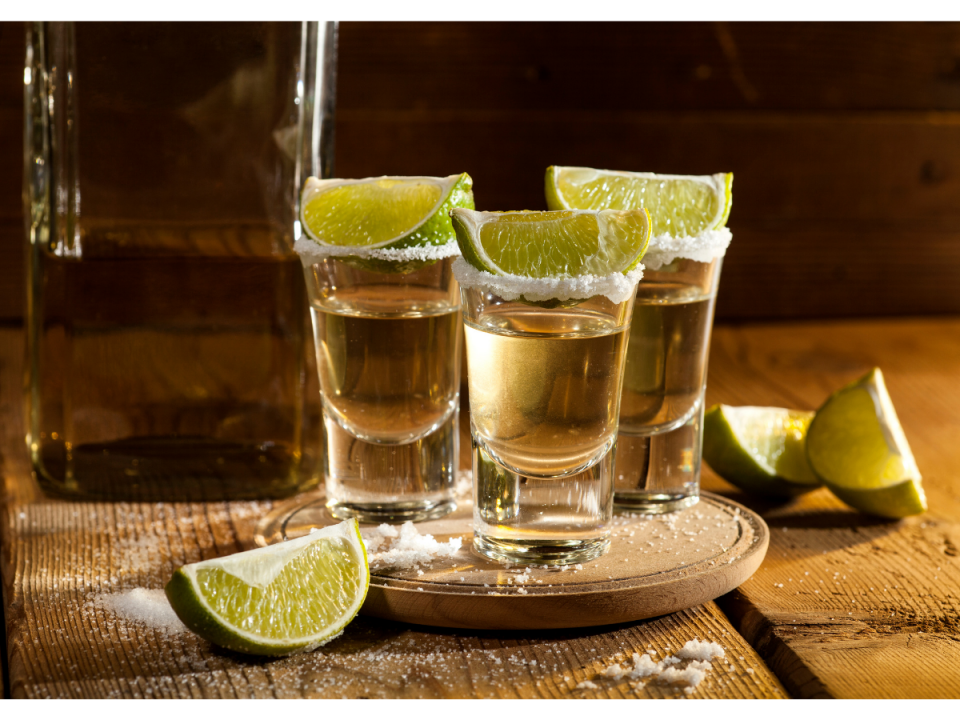A brief online search will reveal a common misconception that Tequila is more of a stimulant than a sedative. However, it is a myth. Even if you have anecdotal proof to the contrary, for example, from a friend or your conduct after a few drinks, tequila is still alcohol. Moreover, alcohol is a depressant. While it may appear to be a mood and energy enhancer at first, how Tequila is drunk has more to do with sustaining the mythos than anything else. What is tequila and is tequila a stimulant?
What exactly is tequila?
Tequila is a distillate manufactured from fermented Weber blue agave juices. It is one of the world’s popular spirits, although it is most often drank in the United States and Mexico. People may drink Tequila in various ways, including in drinks such as the margarita, but most of them consume it in shots. Furthermore, Tequila is a one-of-a-kind spirit produced only in specified locations in Mexico.

Weber’s blue agave is a member of the lily family. It has the appearance of an aloe vera plant but is considerably enormous and has sharp spikes on the ends. After seven to ten years of development, the agave plant may get harvested. As the plant matures, it produces an underground bulb like a white pineapple, known as pia, the Spanish word for pineapple. When harvesting the pineapple, remove the plant’s leaves and cut them into quarters. Cook the pieces gently until the starches in them are into sugars. Before yeast fermentation, the baked agave pieces are crushed and the juices are extracted. Alcohol is from sugar.
Tequila is into five varieties based on where the agave is grown and how they are made. Clear tequilas, often known as white tequilas, are the purest and do not age. Gold tequilas are not aged either but combined with caramel or other additions. Reposado tequilas (reposados) are matured in hardwood barrels for at least two months and commonly three to nine months. Anjos (old) tequilas are matured in oak barrels or repurposed bourbon casks for 18 months to three years. Excess tequila is the fifth and most current variety to enter shop shelves. This tequila has been matured in oak barrels for more than three years, giving it further aging.
Why do people think tequila is a stimulant?
Is tequila a stimulant?
This is a question that a surprising number of people ask. As we said, Tequila is a depressant, even though it causes individuals to become boisterous and enthusiastic. It is because Tequila contains ethanol, which is the same intoxicating chemical found in wine, beer, and other spirits. All alcoholic beverages include the same alcohol molecule. You may be hinting that there’s something about Tequila that causes individuals to behave differently than when they’re drinking beer or wine.

That is not true; the alcohol in beer, wine, and tequila all have the same effect on the brain. However, how you consume these beverages might have a crucial impact on your behavior. For example, people usually consume it in fast succession shots. However, when someone drinks wine, it’s actually in the form of drinks spread out over time to relax.
Read More:
Tequila: a Sophisticated Spirit
